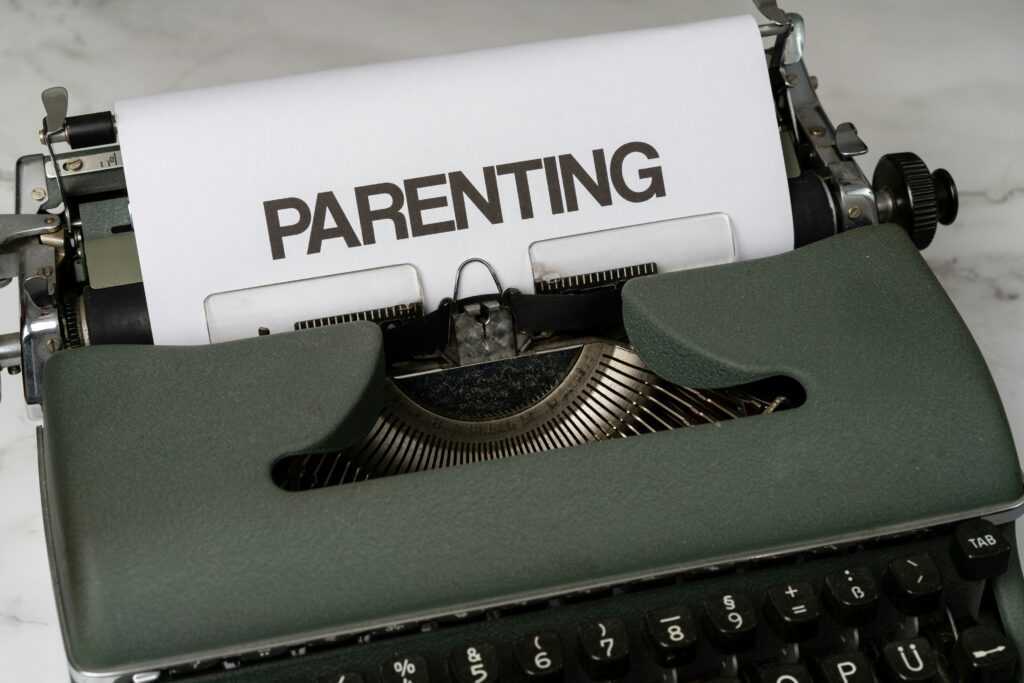Navigating the waters of parenthood after a divorce can be a challenging journey, especially for dads striving to co-parent effectively. As a father myself, I understand the complexities and emotions that come with this territory. In this article, I’ll share valuable co-parenting tips tailored specifically for dads, aimed at fostering a healthy and harmonious environment for your children post-divorce.
Balancing responsibilities, communication, and emotions while co-parenting as a father requires patience, understanding, and a willingness to prioritize your children’s well-being above all else. Through my own experiences and insights, I’ll provide practical advice on how to navigate the intricacies of co-parenting after a divorce, ensuring that both you and your children can thrive in this new chapter of your lives. Let’s embark on this journey together and discover effective strategies to navigate parenthood after divorce as a dedicated and involved dad.
Challenges of Co-Parenting After Divorce
Navigating parenthood after divorce comes with its own set of hurdles. Here are some common challenges that fathers may encounter when co-parenting:
- Communication Barriers: Maintaining effective communication with your ex-partner can be difficult. Misunderstandings or differences in parenting styles may arise, leading to conflicts that can impact your children.
- Scheduling Conflicts: Coordinating schedules between two households can be a logistical challenge. Balancing work, personal time, and parenting responsibilities while adhering to custody agreements requires careful planning.
- Emotional Strain: Dealing with the emotional aftermath of divorce while focusing on co-parenting can be overwhelming. Managing your own feelings of loss, anger, or resentment can be taxing, affecting your ability to co-parent effectively.
- Consistency Concerns: Maintaining consistency in parenting styles, discipline, and routines across two households can be tricky. Ensuring that rules and expectations remain consistent for your children’s well-being requires cooperation and compromise.
- Financial Pressures: Financial responsibilities post-divorce can add another layer of stress. Providing for your children while managing expenses related to co-parenting arrangements can be challenging.
Acknowledging these challenges and proactively addressing them with a positive mindset and a focus on your children’s best interests can help you navigate the complexities of co-parenting after divorce.
Establishing Effective Communication
Effective communication is key in co-parenting after a divorce. It plays a vital role in creating a healthy co-parenting relationship and ensuring the well-being of the children involved.
Importance of Open Communication
Open communication between co-parents is crucial for successful co-parenting. By being transparent, sharing relevant information about the children, and discussing important decisions together, dads can foster trust, respect, and cooperation with their co-parent.
Using Technology for Co-Parenting
In today’s digital age, leveraging technology can streamline communication between co-parents. Utilizing shared online calendars, co-parenting apps, or messaging platforms can help dads stay organized, track schedules, share updates, and facilitate discussions with their co-parent efficiently.
Creating Consistent Parenting Styles
Consistency is key when it comes to co-parenting after divorce. As a dad navigating parenthood in a shared custody arrangement, I understand the importance of maintaining consistent parenting styles across households. By aligning our approaches and rules, my ex-partner and I have been able to provide a stable and predictable environment for our children.
To create consistent parenting styles, it’s essential to have open and ongoing communication with your co-parent. I’ve found that discussing discipline strategies, daily routines, and important decisions together can help in establishing a unified front for the kids. It’s crucial to present a united stance on rules and expectations, ensuring that boundaries remain consistent regardless of which parent they are with.
Another effective way to promote consistency in parenting is to share parenting resources and information. Whether it’s discussing bedtime routines, meal schedules, or academic expectations, keeping each other informed can help in maintaining a harmonious co-parenting dynamic. By collaborating on parenting approaches and being on the same page, we can create a sense of continuity for our children.
In my experience, setting up a shared parenting calendar or using co-parenting apps has been invaluable in coordinating schedules, appointments, and parenting duties. These tools can streamline communication and facilitate decision-making, making it easier to uphold consistent parenting styles. By leveraging technology to enhance our co-parenting efforts, we have been able to foster a sense of consistency and stability for our children across both households.
Consistency in parenting styles not only provides a sense of security for children but also reinforces the notion that both parents are active and involved in their upbringing. By working together with my co-parent to maintain a consistent approach to parenting, we can navigate the challenges of co-parenting after divorce and prioritize the well-being of our children.
Managing Conflicts and Disagreements
In addressing conflicts and disagreements as a father navigating co-parenting post-divorce, I find it essential to approach such challenges with a collaborative mindset. While conflicts may arise, maintaining a child-centered focus is paramount. Striving for amicable resolutions and prioritizing the children’s well-being over personal differences is key.
Effective communication remains at the core of managing conflicts successfully. By openly discussing concerns, actively listening to the co-parent’s perspective, and seeking common ground, we can navigate disagreements more smoothly. Transparency and respect in communication lay a foundation for resolving conflicts constructively.
When disagreements arise, remaining calm and composed can de-escalate tense situations. Acknowledging differing viewpoints and finding compromises can help maintain a harmonious co-parenting relationship. It’s crucial to remember that conflicts are a natural part of any relationship, and handling them maturely sets a positive example for our children.
Seeking support from a mediator or counselor can be beneficial when facing persistent conflicts that seem challenging to resolve independently. Professional guidance can offer valuable strategies for effective conflict resolution and improve communication between co-parents. Embracing external assistance is a proactive step towards fostering a healthier co-parenting dynamic.
Managing conflicts and disagreements in co-parenting as a father post-divorce requires patience, empathy, and a child-centered approach. By prioritizing effective communication, maintaining composure during disputes, and seeking external support when needed, we can navigate conflicts with resilience and promote a positive co-parenting environment for our children.
Prioritizing the Well-Being of the Children
Ensuring the well-being of our children is my top priority as a father navigating co-parenting after divorce. It’s essential to focus on their emotional stability, routine, and overall health during this transition. Striving to maintain a sense of normalcy and security for them is crucial in minimizing the impact of changes resulting from the divorce.
As a father, I prioritize open and honest communication with my co-parent to make decisions that align with our children’s best interests. By putting our differences aside and focusing on what’s best for our kids, we can create a harmonious co-parenting dynamic that fosters a supportive environment for them to thrive in.
Consistency in parenting approaches between both households is key to providing stability for our children. Maintaining similar rules, routines, and expectations across homes can help them feel secure and understand what is expected of them regardless of where they are. This consistency can significantly reduce any confusion or stress our children may experience due to the divorce.
Moreover, I believe in promoting a healthy relationship between our children and both co-parents. Encouraging regular and positive interactions with both of us can reassure them of our continued love and support. By demonstrating respect and cooperation with my co-parent, I aim to set a positive example for our children and show them that despite the divorce, we are still a united front when it comes to their well-being.






